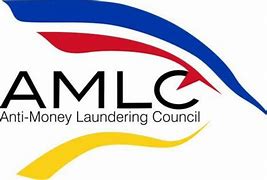The national government’s (NG) debt continued to rise in February as the government borrowed more funds to finance more public programs and initiatives.
Data from the Bureau of Treasury showed on Tuesday, April 1, that the government debt stood at P16.632 trillion at the end of February.
The latest figure is 9.57% higher year-on-year than P15.178 trillion in February 2024 and 1.96% higher month-on-month than P16.312 trillion in January 2025.
“The rise was primarily driven by the net issuance of new domestic and external debt to support more public programs and projects,” BTr said in a statement.
NG debt refers to the total sum it owes to various creditors, including international financial institutions, partner countries for development, banks, global bondholders, and other investors.
BTr data showed that the country’s domestic debt accounted for 67.5% of total obligations, while external borrowings comprised only 32.5%.
“This financing mix reflects a prudent approach to debt management to help mitigate exposure to external risks while taking advantage of the country’s liquid domestic market,” Treasury said.
Domestic debt reached P11.223 trillion in February 2025, a 6.12% increase from P10.576 trillion in February 2024 and a 1.26% jump from P11.084 trillion in January 2025.
Net domestic financing contributed P140.72 billion, while gross issuance exceeded redemptions. The peso’s appreciation reduced the overall debt valuation by P1.10 billion.
External debt stood at P5.41 trillion, a 3.44% increase from January. Foreign borrowing worth P193.71 billion and third-currency debt appreciation worth P20.41 billion contributed to the rise, but peso appreciation offset some of these factors.
During the month, the National Government secured P197.30 billion in foreign loans. This included P190.82 billion from a triple-tranche global bond issuance, consisting of 10- and 25-year USD bonds (USD2.25 billion) and 25-year EUR bonds (EUR1.0 billion), along with P6.48 billion in project loans.
The project loans were allocated to various initiatives, including rail projects funded through the Japan International Cooperation Agency (P3.86 billion), physical connectivity and health sector improvements in collaboration with the Asian Development Bank (P1.71 billion), and agricultural and health programs supported by the International Bank for Reconstruction and Development (P0.91 billion). (TCSP)




